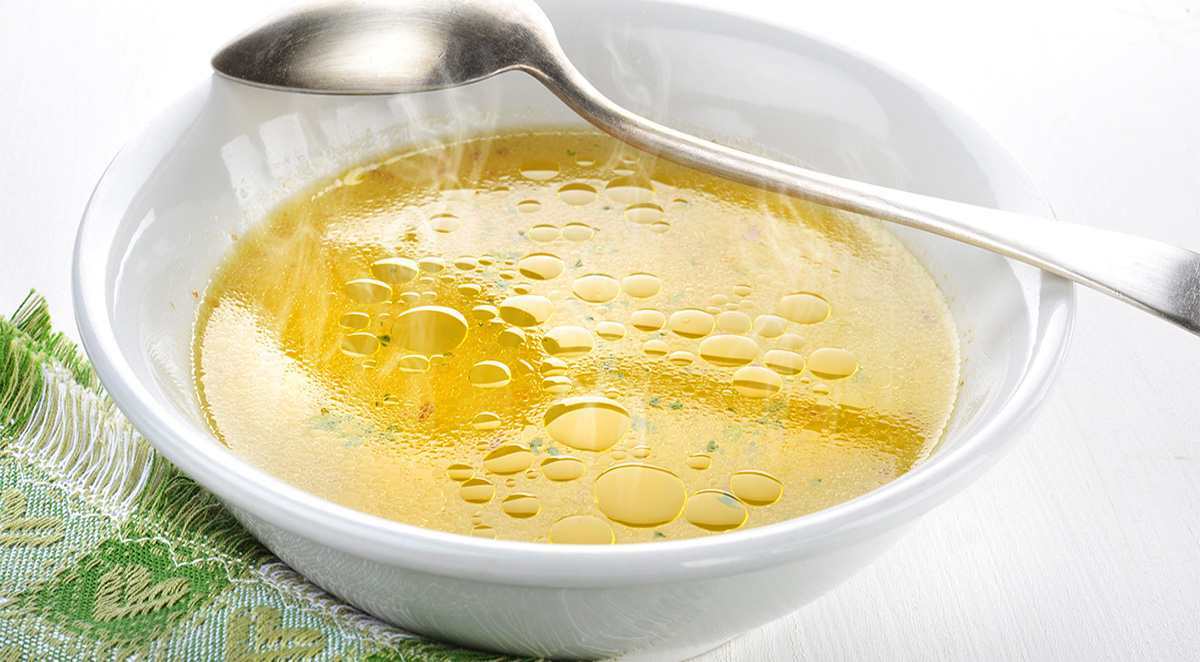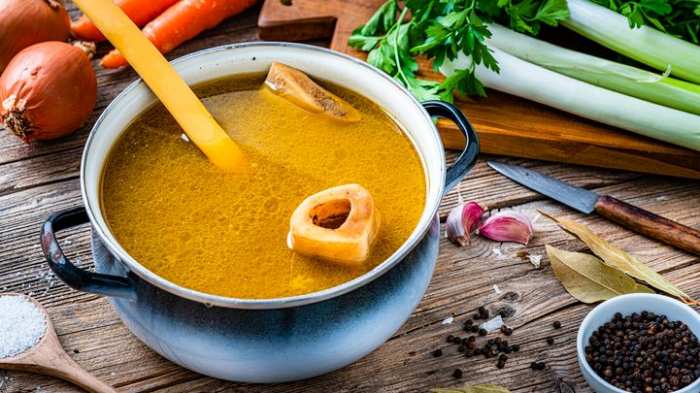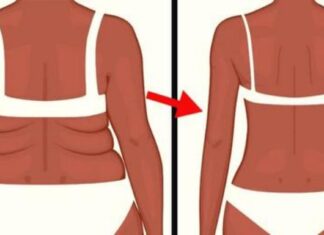In the quest for optimal health and weight loss, many are turning to the Bone Broth Diet Plan. This ancient, healing broth is making a comeback in modern diets.
But what exactly is the Bone Broth Diet Plan? It’s a 7-day plan that incorporates bone broth into your daily meals. The goal is to promote weight loss and improve overall health.
The diet is based on the nutritional powerhouse that is bone broth. Rich in vitamins, minerals, and collagen, bone broth is believed to offer numerous health benefits. These range from improved digestion and joint health to enhanced skin elasticity.
In this comprehensive guide, we’ll delve into the Bone Broth Diet Plan. We’ll explore its potential benefits, how to prepare for it, and what a 7-day meal plan looks like. We’ll also provide tips for success and address common questions and concerns.
Whether you’re new to bone broth or looking to incorporate it more into your diet, this guide is for you. Let’s embark on this journey to better health with the Bone Broth Diet Plan.
Understanding Bone Broth and Its Benefits
Before diving into the diet plan, it’s crucial to understand what bone broth is and why it’s beneficial. Bone broth is a nutrient-dense liquid made by simmering animal bones and connective tissues.
This slow cooking process allows the bones and tissues to release healing compounds. These include collagen, amino acids, and minerals. These compounds have the potential to improve health in various ways.
What is Bone Broth?
Bone broth is a traditional food that’s been part of human diets for centuries. It’s made by simmering animal bones, often with added vegetables, herbs, and spices. The result is a flavorful, nutrient-rich broth.
The key to bone broth’s health benefits lies in the bones themselves. They’re packed with nutrients that our bodies need but often lack in modern diets.
Historical Significance of Bone Broth
Historically, bone broth has been used in many cultures as a healing food. It was often given to the sick and weak, believed to help restore strength and vitality.
In traditional Chinese medicine, bone broth is used to support digestive health, as a blood builder, and to strengthen the kidneys. Today, it’s making a comeback as a health food in the western world.
Nutritional Profile of Bone Broth
Bone broth is rich in nutrients that are essential for our health. These include collagen, which supports skin, joint, and gut health. It also contains amino acids like glycine and proline, which have anti-inflammatory effects.
Moreover, bone broth is a good source of minerals like calcium, magnesium, and phosphorus. These minerals are necessary for bone health, among other functions. With such a robust nutritional profile, it’s no wonder bone broth is at the heart of this diet plan.
The Bone Broth Diet Plan Explained
The Bone Broth Diet Plan is a 7-day program designed for weight loss and health improvement. It combines the benefits of intermittent fasting with the nutrient-rich properties of bone broth.
The diet plan involves consuming bone broth on fasting days and balanced meals on non-fasting days. This approach aims to promote weight loss, improve digestion, and boost overall health.
The Bone Broth Diet Plan is not just about weight loss. It’s also about nourishing your body with essential nutrients. The goal is to create a healthier relationship with food and promote long-term wellness.
How Does the Bone Broth Diet Promote Weight Loss?
The Bone Broth Diet Plan promotes weight loss in several ways. First, the intermittent fasting component helps to reduce calorie intake. This can lead to a calorie deficit, which is necessary for weight loss.
Second, bone broth is low in calories but high in nutrients. This makes it a satisfying food that can curb cravings without adding a lot of calories.
Finally, the nutrients in bone broth, such as collagen and amino acids, may support a healthy metabolism. A healthy metabolism is crucial for efficient calorie burning and weight loss.
The Role of Intermittent Fasting
Intermittent fasting is a key component of the Bone Broth Diet Plan. It involves alternating periods of eating and fasting. This pattern of eating can help to regulate blood sugar levels, reduce inflammation, and promote weight loss.
On fasting days, you consume several servings of bone broth. This provides your body with essential nutrients while still keeping calorie intake low. The result is a potential boost in weight loss and health benefits.
Preparing for the 7-Day Bone Broth Diet Plan
Before you start the Bone Broth Diet Plan, it’s important to prepare. This includes sourcing quality ingredients and understanding how to make and store bone broth.
Here are some steps to help you prepare:
- Source high-quality bones from grass-fed or organic animals.
- Purchase fresh vegetables and herbs for flavor.
- Ensure you have a large pot or slow cooker for making the broth.
- Plan your meals for non-fasting days in advance.
Sourcing Quality Ingredients
The quality of your bone broth depends on the quality of your ingredients. It’s best to use bones from grass-fed or organic animals. These bones are likely to be richer in nutrients.
You can find these bones at your local butcher, farmers market, or even online. Don’t forget to include a variety of bones, like marrow bones, knuckles, and feet, for a nutrient-rich broth.
Bone Broth Preparation and Storage
Making bone broth is a simple process, but it requires time. You’ll need to simmer the bones for 12-48 hours to extract the nutrients. Adding a bit of vinegar can help with this extraction.
Once your broth is ready, strain it and store it in the fridge. It can last for up to a week. You can also freeze it for longer storage. Just remember to leave some space in the container for expansion.
Your 7-Day Bone Broth Diet Meal Plan
Now that you’re prepared, let’s dive into the 7-day Bone Broth Diet Plan. This plan combines bone broth consumption with intermittent fasting and a paleo-style eating plan.
Day 1: Getting Started
On the first day, start by introducing bone broth into your meals. You can have it as a snack or a side dish.
- Breakfast: Scrambled eggs with spinach and a cup of bone broth
- Lunch: Grilled chicken salad and a cup of bone broth
- Dinner: Baked salmon with asparagus and a cup of bone broth
Day 2: Introducing Variety
On the second day, try different types of bone broth. This could be chicken, beef, or fish bone broth.
- Breakfast: Avocado and egg toast with a cup of chicken bone broth
- Lunch: Beef stir-fry with a cup of beef bone broth
- Dinner: Grilled shrimp with quinoa and a cup of fish bone broth
Day 3: Fasting with Bone Broth
Day three is your first fasting day. You’ll consume bone broth only.
- Breakfast: A cup of bone broth
- Lunch: A cup of bone broth
- Dinner: A cup of bone broth
Day 4: Reintroducing Solids
On day four, you’ll reintroduce solid foods but continue with bone broth.
- Breakfast: Greek yogurt with berries and a cup of bone broth
- Lunch: Turkey wrap with a cup of bone broth
- Dinner: Grilled steak with sweet potatoes and a cup of bone broth
Day 5: Mindful Eating
Day five is about mindful eating. Pay attention to your hunger and fullness cues.
- Breakfast: Oatmeal with fruits and a cup of bone broth
- Lunch: Tuna salad with a cup of bone broth
- Dinner: Baked chicken with broccoli and a cup of bone broth
Day 6: Fasting and Reflection
Day six is another fasting day. Reflect on your experience so far.
- Breakfast: A cup of bone broth
- Lunch: A cup of bone broth
- Dinner: A cup of bone broth
Day 7: Planning for the Future
On the final day, think about how you can incorporate bone broth into your regular diet.
- Breakfast: Smoothie bowl with a cup of bone broth
- Lunch: Quinoa salad with a cup of bone broth
- Dinner: Grilled fish with veggies and a cup of bone broth
Tips for Success on the Bone Broth Diet
Success on the Bone Broth Diet Plan requires more than just following the meal plan. It’s about adopting a holistic approach to health. Here are some tips to help you succeed.
Staying Hydrated and Managing Hunger
Staying hydrated is crucial while on this diet. Bone broth is hydrating, but you should also drink plenty of water. This can help manage hunger during fasting days.
Also, remember that it’s normal to feel hungry during fasting periods. Listen to your body and adjust the plan as needed. You can always have an extra cup of bone broth if needed.
Exercise and Lifestyle Considerations
Exercise is an important part of any healthy lifestyle. However, on fasting days, consider lighter activities like walking or yoga.
Also, ensure you’re getting enough sleep. Good sleep is essential for weight loss and overall health. Lastly, manage stress through mindfulness practices. This can enhance the overall benefits of the Bone Broth Diet Plan.
Potential Side Effects and How to Mitigate Them
Like any diet, the Bone Broth Diet Plan may have potential side effects. Some people may experience digestive discomfort, especially in the initial days. This is often due to the high protein content in bone broth.
To mitigate this, start with smaller servings of bone broth and gradually increase. If discomfort persists, consider consulting with a healthcare provider. Remember, it’s important to listen to your body and adjust the diet plan as needed.
FAQs About the Bone Broth Diet Plan
The Bone Broth Diet Plan, like any diet, can raise a lot of questions. Here are some of the most frequently asked questions about this diet plan:
- Can I consume other foods while on the Bone Broth Diet Plan? Yes, the diet plan includes other healthy foods, especially on non-fasting days.
- How much bone broth should I consume daily? This can vary, but generally, 2-4 cups per day is recommended during the diet plan.
- Can vegetarians follow the Bone Broth Diet Plan? Yes, there are plant-based alternatives to traditional bone broth that can be used.
Remember, it’s always important to consult with a healthcare provider before starting any new diet plan. They can provide personalized advice based on your health needs and goals.
Conclusion: Is the Bone Broth Diet Right for You?
The Bone Broth Diet Plan offers a unique approach to weight loss and healthy eating. It combines the healing properties of bone broth with the principles of intermittent fasting. This diet plan may be particularly beneficial for those seeking to improve digestion, joint health, and skin elasticity.
However, it’s essential to remember that everyone’s body is different. What works for one person may not work for another. Always consult with a healthcare provider before starting any new diet plan. They can help determine if the Bone Broth Diet Plan is the right fit for your individual health needs and goals.
Keep reading: Scarsdale Diet: Lose 20 Pounds In 14-Day With This Free Meal Plan!







